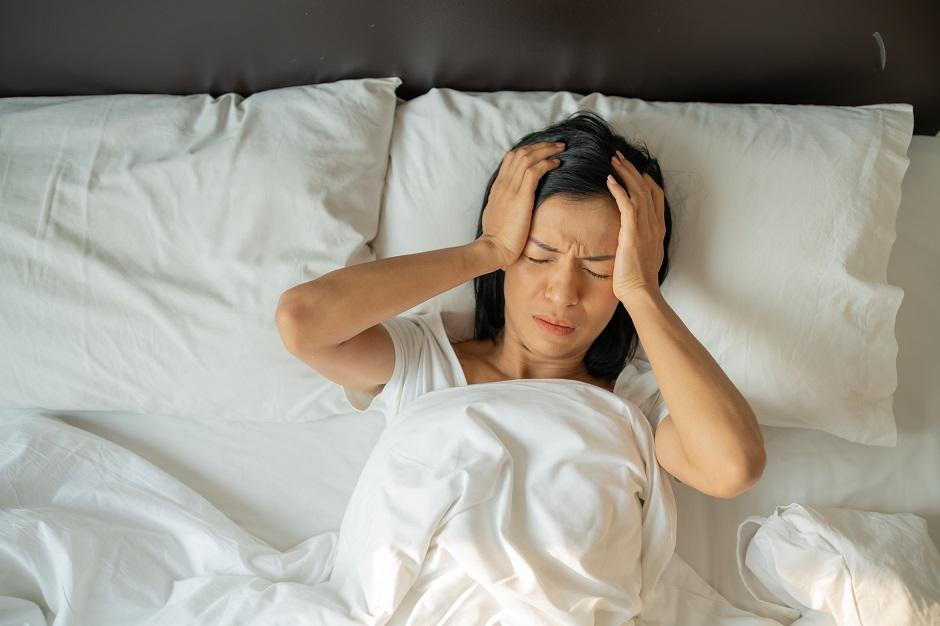
Sleep apnea is a common sleep disorder that most people suffer from around the world. It can affect young and adults of any age and sex, although it is a more common sleeping disorder in men. It is a condition characterized by abnormal breathing order while sleeping. People with sleep apnea disorder have multiple pauses in their breathing during sleep. These brief and temporary breathing pauses impair sleep quality and reduce the body's oxygen supply, potentially resulting in serious health consequences such as:
- High blood pressure
- Heart disease
- Stroke
- Diabetes
- Atrial fibrillation
- Pulmonary hypertension
There are two types of sleep apnea: obstructive sleep apnea and central sleep apnea. Obstructive sleep apnea or OSA is the more common disorder of the two and is caused by airway blockage when the soft tissue in the throat collapse during sleep. Central sleep apnea is caused by a central nervous system dysfunction following a stroke or neuromuscular disease.
When it comes to treating sleep apnea, there are oral treatments and surgery to relieve symptoms using various procedures. Oral surgery and treatments are recommended when non-invasive methods don’t work to restore normal sleeping behavior. Some of the most common oral surgery and treatments are:
Conservative treatment
If your symptoms aren't severe, your doctor may advise you to use an oral appliance during sleep. It keeps the mouth tissue in place so that you can breathe without any blockage to airflow. Your doctor may also prescribe a CPAP machine for continuous oxygen delivery while sleeping, depending on your condition. If your weight is a contributing factor, you may be advised to lose weight.
Oral Surgery
If the conservative treatment doesn’t work, your doctor will recommend oral surgery to reduce the symptoms and cause of sleep apnea through physiological changes. The surgical procedure aims to remove excess tissue in the throat that is blocking or obstructing the upper airways. Most people prefer oral surgery to avoid continuous use of an oral appliance and CPAP machine during sleep.
Uvulopalatopharyngoplasty (UPPP)
Uvulopalatopharyngoplasty (UPPP) is another oral surgical procedure to relieve symptoms of sleep apnea disorder. In this procedure, an oral surgeon removes a portion of the uvula to shorten the soft palate. It reduces the amount of soft tissue in the throat to give more space for airflow.
Maxillomandibular advancement (MMA)
The upper and lower jaws, as well as the soft tissues of the mouth, are moved forward from the rest of the facial bones to open the airway in this procedure. It is the most dramatic procedure of all and is only recommended to patients who do not have enough space to breathe clearly while sleeping.
If all other sleep apnea treatments didn’t work for your case, it may be time to consider oral surgery to reduce sleep apnea symptoms. At College Street Dental, we will assist you in exploring all options for permanently resolving sleep apnea disorder to improve your overall health.
